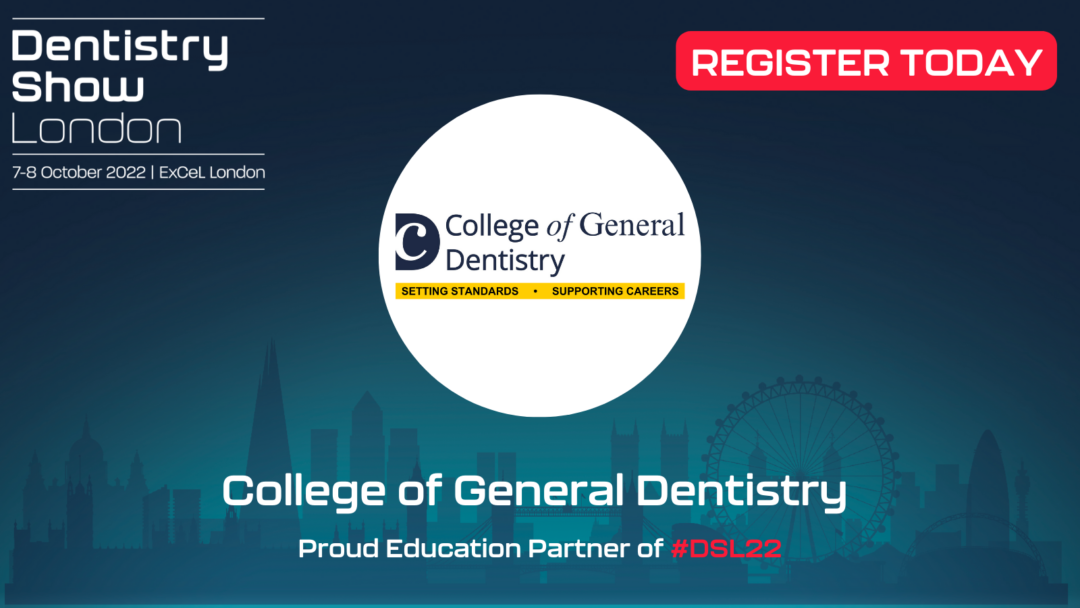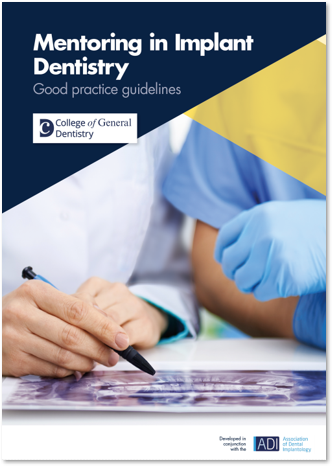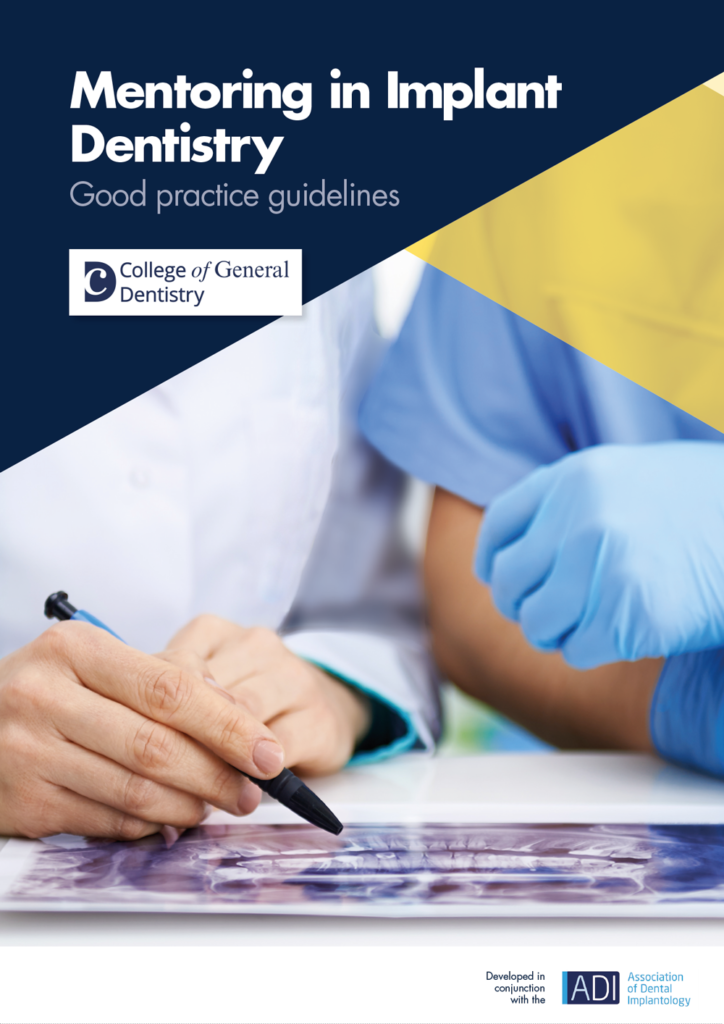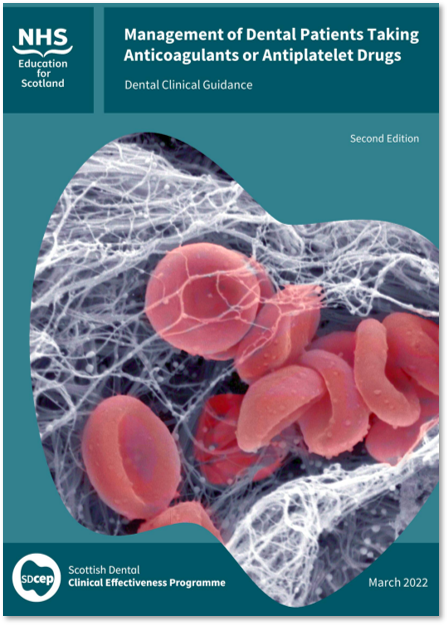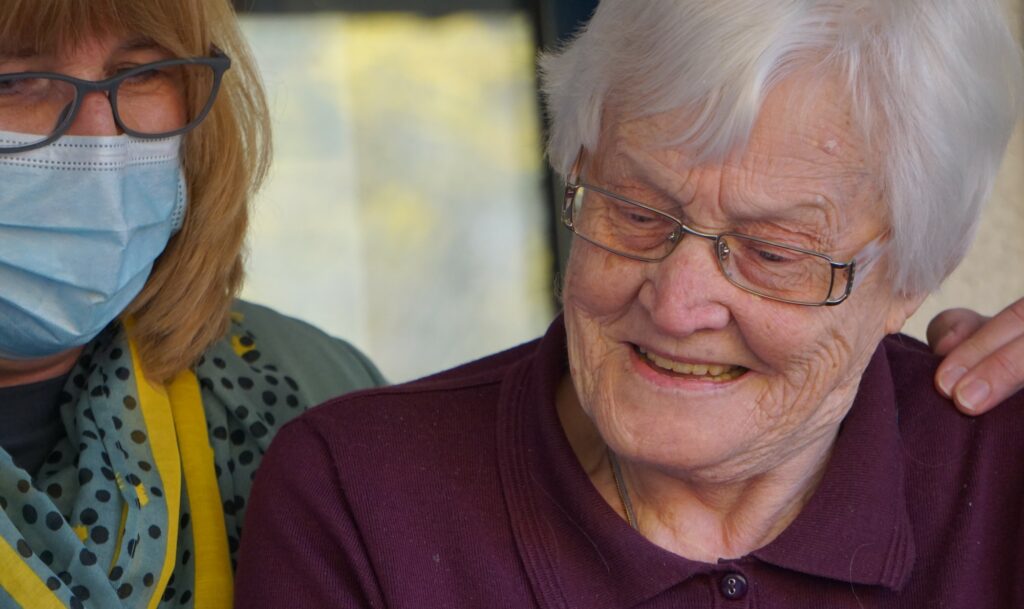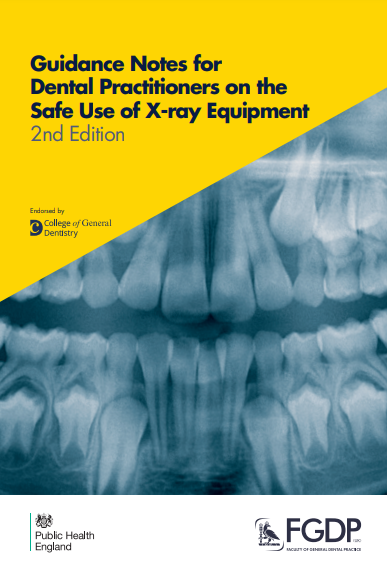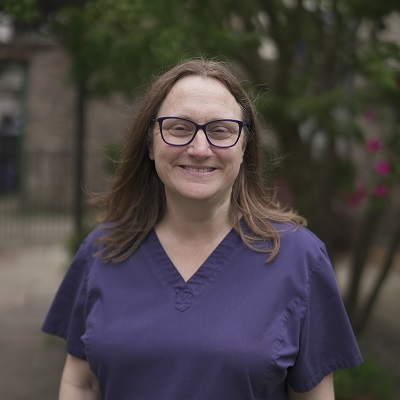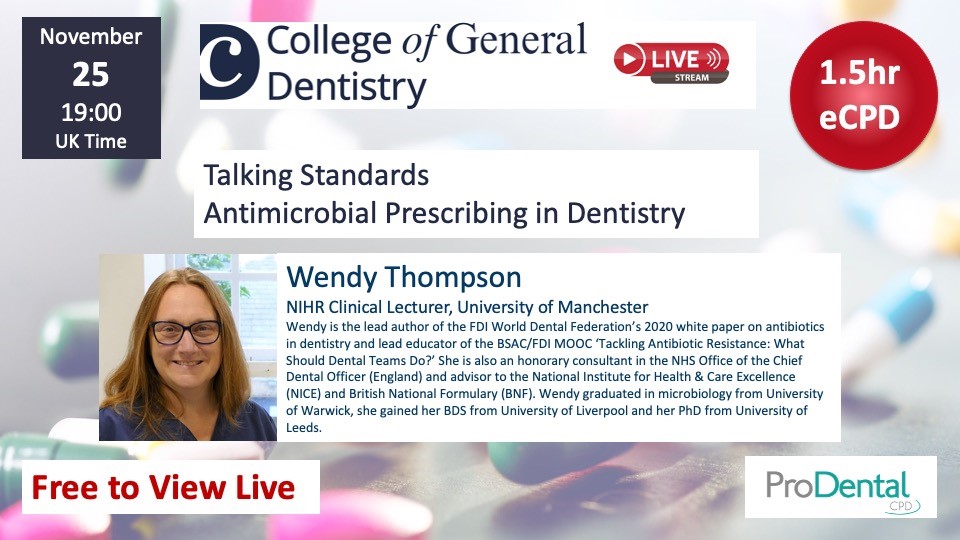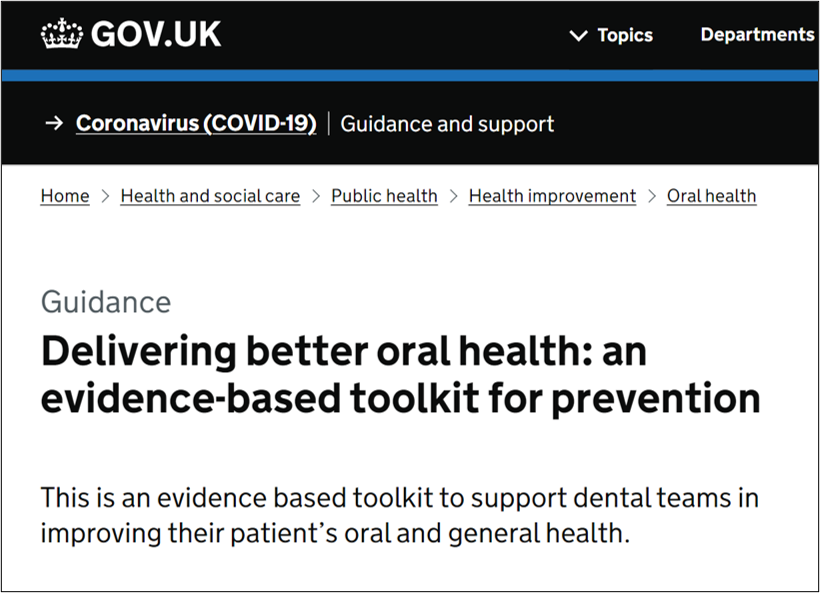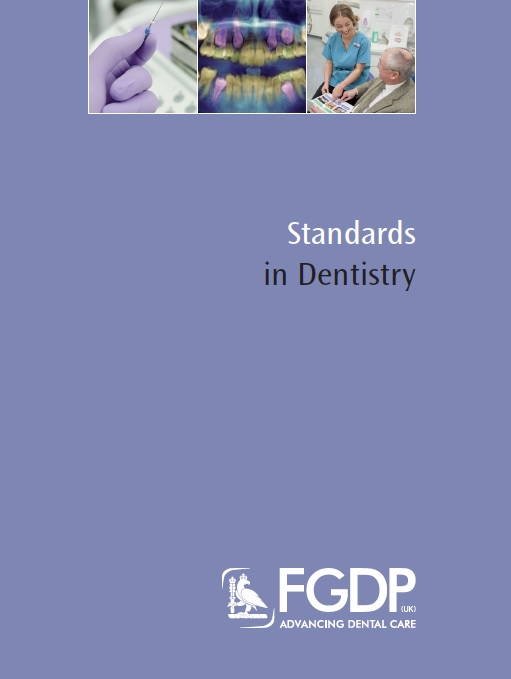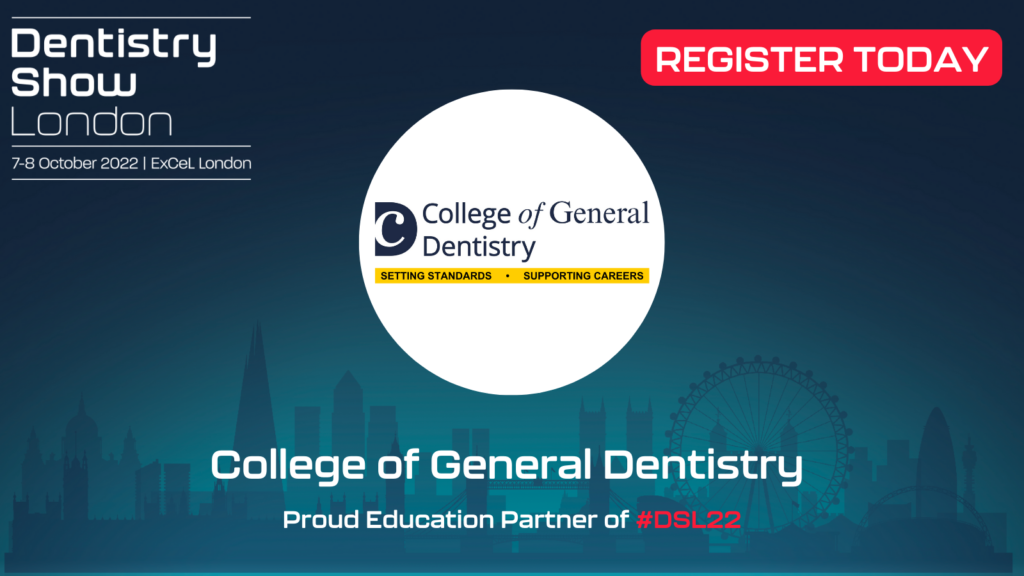
Dentistry Show London
7-8 October 2022, ExCel London, Halls N5-N8
The College was the headline education partner for the Clinical Excellence Theatre at Dentistry Show London 2022, hosting nine seminars in three CPD theatres over the two-day conference.
The College welcomed members and non-members alike to its sessions, with experts in their fields sharing their knowledge and giving advice on an array of subjects encompassing clinical dentistry, professionalism and career support:

Introduction to facial aesthetics and the current educational pathways
Friday 7 October, 10.10am – 10.55am
Clinical Excellence Theatre
Dr Jalpesh Patel BDS (Hons), MJDF RCS Eng., MSc (Aes. Dent.), PG Cert (Aes. Med.), MCGDent; Programme Director, CGDent Postgraduate Certificate in Non-Surgical Facial Aesthetics; Founder & Tutor, RASA Academy
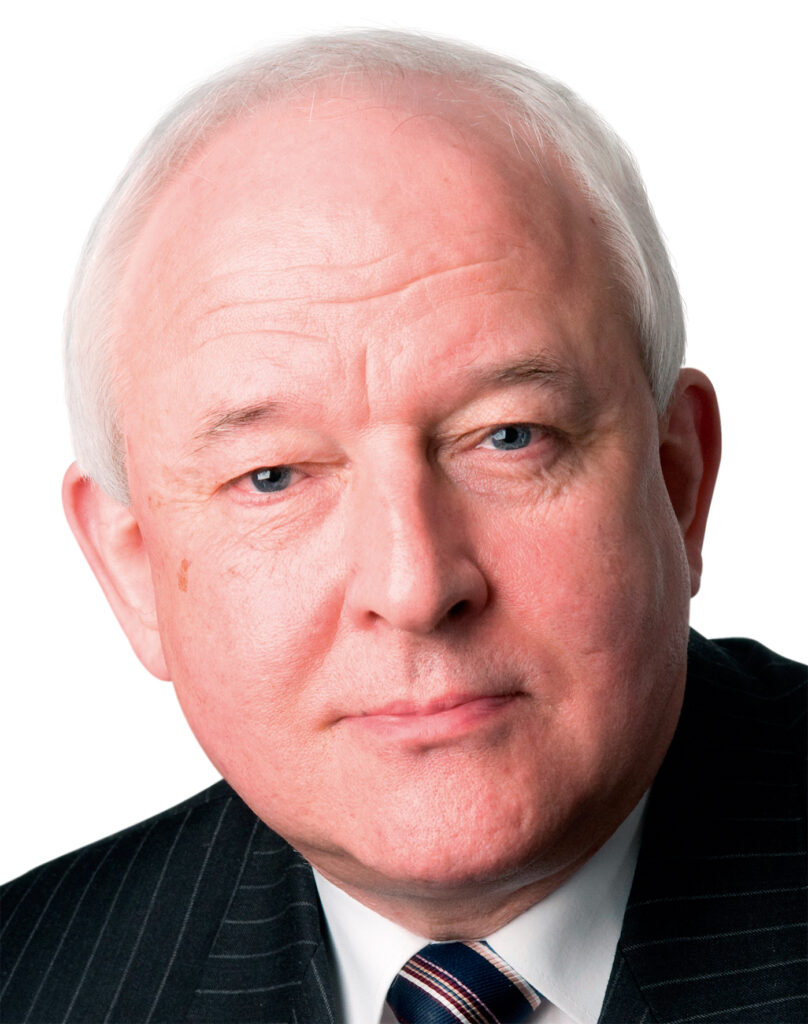
Duty of Candour: the legal and regulatory risk
Friday 7 October, 10.45am – 11.45am
Compliance Hub
Kevin Lewis BDS, Dip. FFGDP(UK), FDS RCS (Eng.), FCGDent; Trustee of the College of General Dentistry; Special Consultant to the BDA & BDA Indemnity

Professionalism – a medico-legal perspective
Friday 7 October, 12.00pm – 1.00pm
Compliance Hub
Kevin Lewis BDS, Dip. FFGDP(UK), FDS RCS (Eng.), FCGDent; Trustee of the College of General Dentistry; Special Consultant to the BDA & BDA Indemnity

Creating a positive patient safety culture in dentistry
Friday 7 October, 2.15pm – 3.00pm
Enhanced CPD Theatre
Dr Jason Wong MBE, BDS, DPDS, FCGDent; Deputy Chief Dental Officer for England; General Dental Practitioner, Grantham
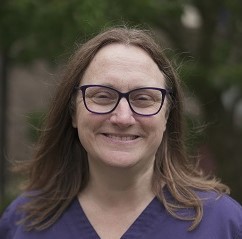
Antimicrobial prescribing in dentistry
Saturday 8 October, 10.45am – 11.45am
Compliance Hub
Dr Wendy Thompson BSc, BDS, Dip. MFGDP(UK), PhD, FCGDent, FHEA, FICD; College of General Dentistry lead on antimicrobial stewardship; Chair of the FDI-World Dental Federation working group on antibiotics

Mental health wellness in dentistry
Saturday 8 October, 12.15pm – 1.00pm
Enhanced CPD Theatre
Prof Tim Newton CPsychol, AFBPS; Professor of Psychology as Applied to Dentistry, King’s College London; Honorary Consultant Health Psychologist, Guy’s & St Thomas’ NHS Foundation Trust
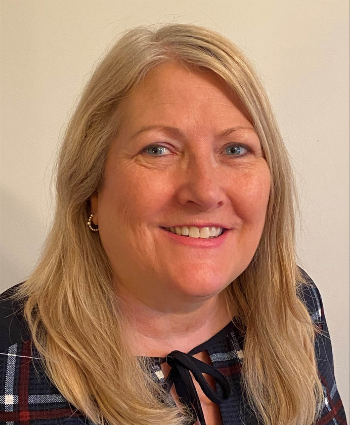
Menopause policy – supporting staff through menopause (co-hosted with the British Association of Dental Nurses)
Saturday 8 October, 2.15pm – 3.00pm
Enhanced CPD Theatre
Jacqui Elsden RDN, MSc, FBADN; President of the British Association of Dental Nurses; former DCP Lead for Dental Nurses, HEE London, Kent, Surrey and Sussex
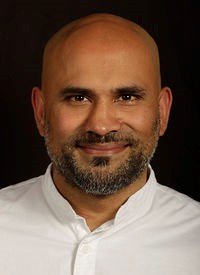
Mentoring in implant dentistry: good practice guidelines
Saturday 8 October, 2.45pm – 3.30pm
Clinical Excellence Theatre
Dr Pynadath George BDS, MFDS RCPS, MSc Rest. Dent., MSc Imp. Dent.; Co-Editor, Mentoring in Implant Dentistry: Good Practice Guidelines (CGDent); Treasurer of the Association of Dental Implantology
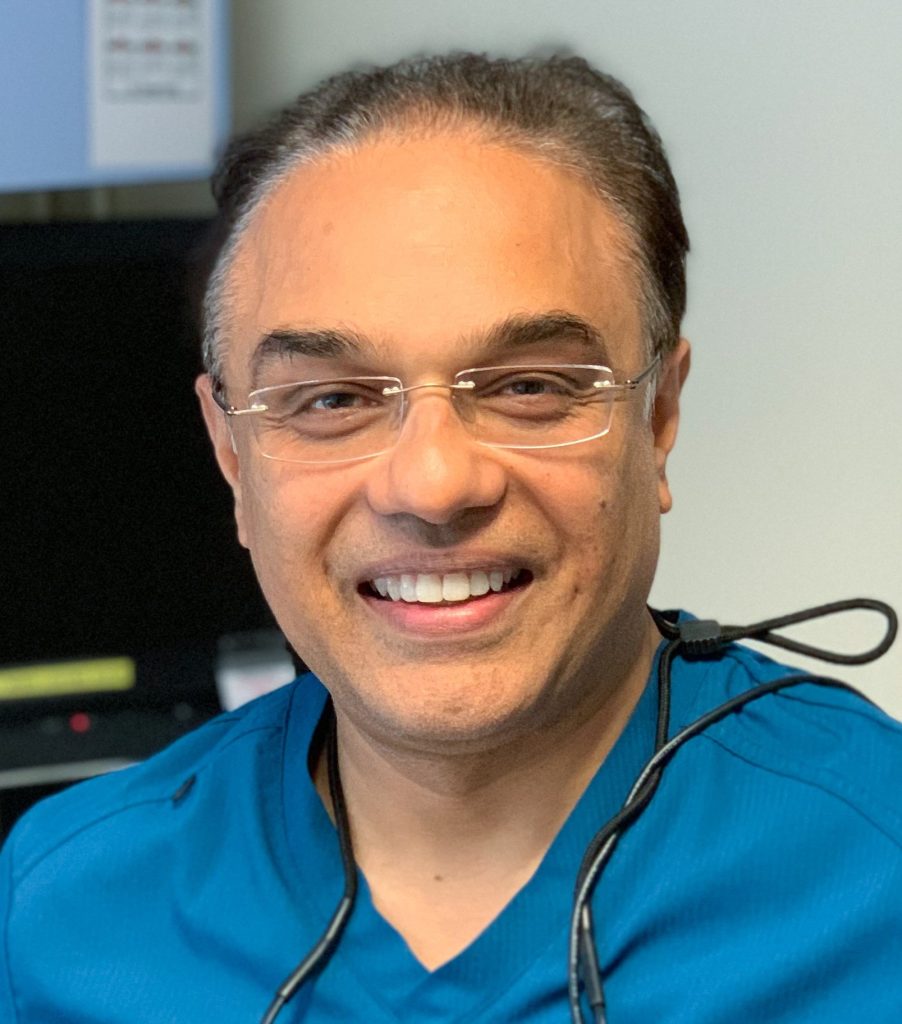
Record-keeping in the real world of general dental practice
Saturday 8 October, 3.15pm – 4.15pm
Compliance Hub
Dr Abhi Pal BDS, MGDSRCS, Dip. FFGDP(UK), FDSRCPS(Glasg.), FCGDent; President of the College of General Dentistry; General Dental Practitioner, Edgbaston; independent dental expert witness
College representatives were also available throughout the conference at Stand F58 to talk to delegates about its vision for the profession, the benefits of membership, and to answer questions.
Conference registration was free, and delegates had access to over 100 seminars in all across 6 lecture theatres, as well as over 180 exhibiting suppliers, and the opportunity to network with thousands of dentists, practice managers, hygienists and therapists, dental nurses, technicians and laboratory owners.

